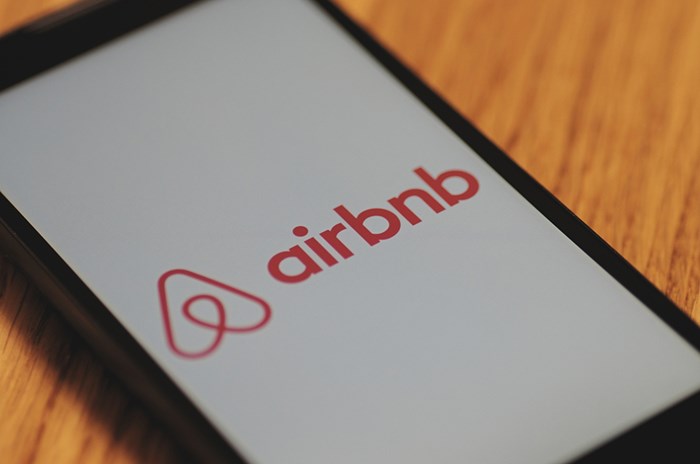Time is running out for Vancouverites to get a short-term rental licence before the city starts handing out fines.
 Companies like Airbnb offer short term rentals in B.C.. Shutterstock
Companies like Airbnb offer short term rentals in B.C.. Shutterstock
Vancouver’s new short-term rental regulations, which limit who can list a property and requires operators to get a business licence, went into effect April 19. At the time, the city set out a grace period to allow operators to understand the new rules and apply for a licence, before enforcement ramps up and it starts fining operators who don’t have a licence.
New and existing hosts have until Friday, Aug. 31 to obtain a business licence. Starting Sept. 1 anyone advertising a short-term rental without a business licence will be subject of fines up to $1,000, prosecution or other enforcement.
In a statement sent out last week, the city said it will provide a “status and enforcement update” next week. However, in May, after just six weeks of the new regulations went into effect, the city was investigating more than 1,500 listings.
Of those, nearly 400 had either been converted to long-term rental units, or delisted from home sharing websites, and another more than 400 had been targeted for enforcement, including warning letters, inspections, prosecutions and fines. At the time, the city said it had started prosecuting commercial operators representing 89 listings, with the potential to collect up to $890,000 in fines. And more than 100 listings with duplicate or incorrect business licences were being audited.
In the first six weeks of the program, the City of Vancouver issued more than 900 short-term rental business licences — 679 to homeowners and 244 to renters. The listings included 308 apartments, 24 laneway homes, 72 duplex/triplex/fourplex, 416 detached homes, 64 suites within a home and 40 townhouses.
In November, council voted to adopt the new bylaw allowing people to post their primary residence on short-term rental platforms, such as Airbnb. The regulations allow both homeowners and renters to list their primary residence — renters must have approval from a landlord while homeowners that are part of a strata must ensure that short-term rentals are allowed under the strata bylaws.
Homeowners that want to rent out a basement suite, laneway house or secondary home that is not their primary residence, or those listing more than one rental, will not be able to obtain a licence and will be subject to fines of $1,000 a day.
In April, Kaye Krishna, general manager of development, buildings and licensing, said at that time there was an estimated 6,600 short-term rental listings in Vancouver, a 12 per cent increase over 2017, and 88 per cent of those rentals were listed with Airbnb.
The week before the new regulations went into effect, the city and Airbnb announced an agreement that the platform require hosts to include a business licence number in listings in its website.



